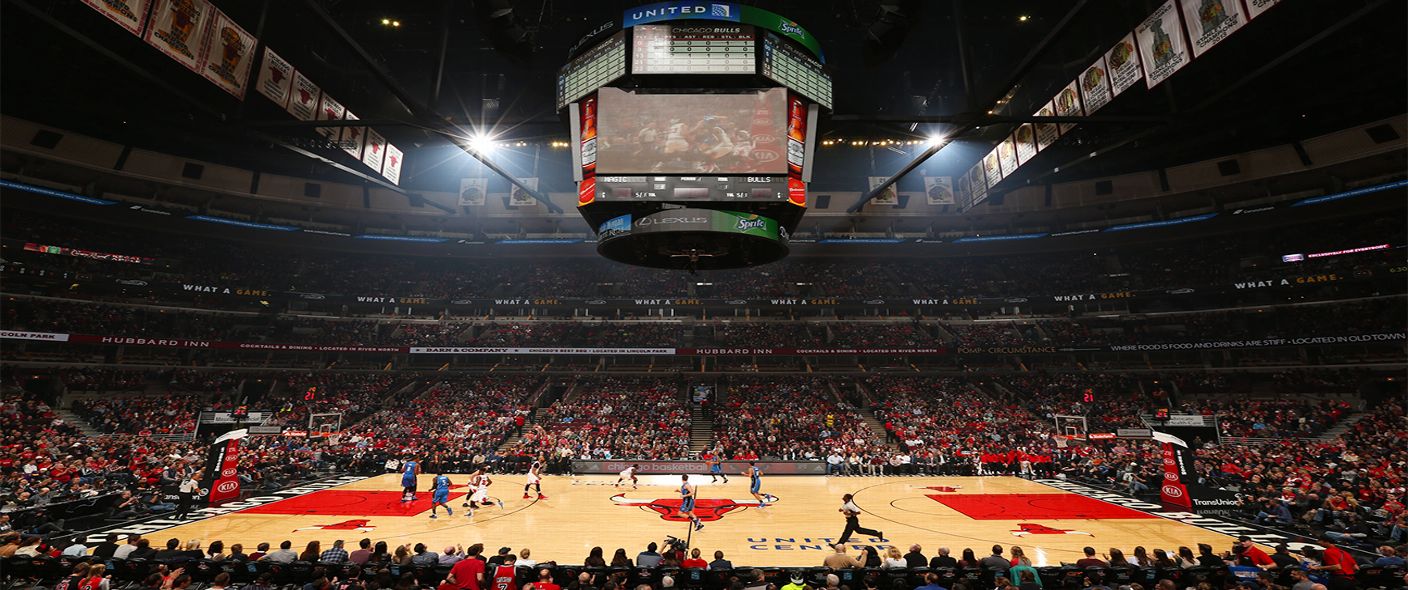By: Jeffrey Newholm
Many a wise man have doubted if life has any lasting meaning or, instead, is just a succession of meaningless suffering. King Solomon declared that “All is Vanity”. Pessimist philosopher Arthur Schopenhauer reached back further in time still to dismiss the meaning of life, approving of the story of the Fall of Man: “There seems to me no better explanation of our existence than that it is the result of some false step, some sin for which we are paying the penalty”. When one examines the current plight of the Chicago Bulls, it’s tempting at first to reluctantly agree with these doubts. And yet the Bulls have sculpted out an established foothold not only in the NBA, but across the worldwide landscape of sports as well.
The year before Michael Jordan arrived in Chicago, the Bulls averaged less than 7,000 fans a game. Of course, all fans know about the Bulls’ dominance during the Jordan era, with two threepeats sandwiched around a baseball misadventure. And that’s precisely the perpetual motion machine that keeps the Bulls economic engine running into perpetuity: the legend. The Bulls have led the league in attendance eight years in a row. Forbes estimates Jordan will net $110 million in merchandise sales this years, three times more than Lebron. Not bad for a team with Zach Lavine being the most recognizable name on the roster. But how does the team accomplish this, 19 years after the fact?
Fans will always remember the biggest legends, some may argue. But this isn’t the way memory works. The passage of time robs us of all but most traumatic of recollections. And even the best slate of memory is wiped blank by the inevitability of death. Dead men tell no tales, and certainly none of basketball stars from decades ago. But even fans who never saw Jordan play, a percentage increasing each year, fill the United center in the Winter. This is because while memories fade, legends never do. The great epics of history were passed by word of mouth for generations until inscribed for posterity. In the age of technological wizardry, legends and icons never die.
The ephemeral presence of Jordan hangs over the Chicago Skyline just as spirits are said to linger in places long after death. An old cliche states it is better to have loved and have lost, than have not loved at all. But Bulls fans didn’t really lose anything. For a player who builds his legacy with just one team, that team can claim all his success for itself. 15 years from now, Cleveland won’t be able to monopolize Lebron’s success. The Colts have only half a claim on Peyton Manning’s achievements. But fans perceive Jordan as a Bull, and only a Bull. And he was a star so bright that all who have come after can bask in his afterglow.
The Bulls’ enduring popularity proves that some things do leave a mark that lasts. The vanities that fans pursue are perhaps not vanities at the core. Passions held by players and their followers do culminate in a lasting mark. Our lives can and do mean something to someone. Each one of us plays a crucial role in the Rube Goldberg machine of human progress, as countless smaller men helped hoist Jordan to his permanent pedestal. Bad teams, then, can still have a purpose; those preceded by a legend are a continuous coda to a sweet song, one no one wants to live to hear the last note.


 NFL
NFL






